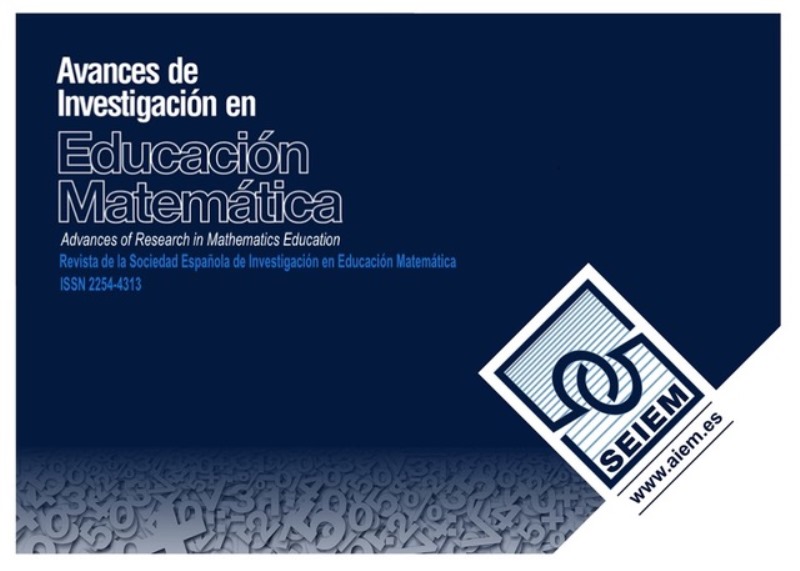From everyday to scientific (mathematical) concepts
A Vygotskian interpretation of a young child’s speech
DOI:
https://doi.org/10.35763/aiem.v0i19.404Keywords:
Early childhood mathematics, ; learning through play, everyday and scientific concepts, language and mathematics, VygotsksyAbstract
In Early Childhood settings, children are considered to learn through play. In this paper I report on a case-study of a four-year-old boy playing with loose parts. As he played, I interacted with him by commenting and asking questions. My aim was to include mathematics in his play. My analysis involved a micro-examination of the interaction to trace the child’s language over the sessions. The theoretical framework employed was Vygotsky’s distinction between everyday and scientific concepts and his theory of play. I noted that the interactive contexts supported the child to use certain words in association with others. In particular, he started to link the words big/small with numbers, thus quantifying size, which is the foundation of measurement. In line with the importance afforded to speech by Vygotsky, I was able to trace the role played by words in the child’s progression from everyday (play) concepts to scientific (mathematical) concepts.
Downloads
Downloads
Published
How to Cite
Issue
Section
License
The articles published in this journal are under a license Creative Commons: By 4.0 España from number 21 (2022).
Authors who publish with this journal agree to the following terms:
- Authors retain copyright and keep the acknowledgement of authorship.
- The texts published in this journal are – unless indicated otherwise – covered by the Creative Commons Attribution 4.0 international licence. You may copy, distribute, transmit and adapt the work, provided you attribute it (authorship, journal name, publisher) in the manner specified by the author(s) or licensor(s). The full text of the licence can be consulted here: http://creativecommons.org/licenses/by-nc/4.0.
- Authors are able to enter into separate, additional contractual arrangements for the non-exclusive distribution of the journal's published version of the work (e.g., post it to an institutional repository or publish it in a book), with an acknowledgement of its initial publication in this journal.
- Authors are permitted and encouraged to post their work online (e.g., in institutional repositories or on their website) prior to and during the submission process, as it can lead to productive exchanges, as well as earlier and greater citation of published work (See The Effect of Open Access).









